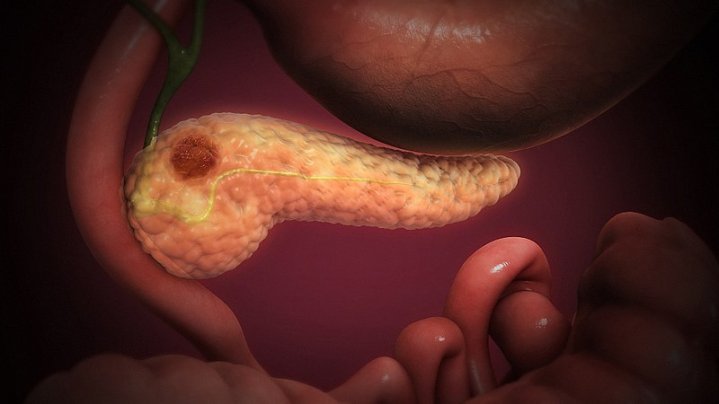Researchers from the University of Bath have created drug-like molecules inspired by a chemical found in a tropical flower that will be helpful in treating pancreatic cancer. The team of scientists has made three new molecules quite similar to a chemical called Grandifloracin found in Uvaria Grandiflora, a tropical plant that grows in Indonesia, Thailand, Malaysia and the Philippines.

More effective than Grandifloracin molecule
The research, done in collaboration with Professor Suresh Awale from the University of Toyama, Japan, claims that all the three molecules can kill pancreatic cancer cells in a petri dish. It is said that two of these molecules are more effective than the original Grandifloracin molecule in destroying the cells, according to the study published in the journal ChemMedChem.
Pancreatic cancer is one of the most aggressive cancers and is the third leading cause of cancer-related deaths in the EU, more than breast cancer. Many patients don't realize that they are stricken by the cancer until it spreads to other organs as it shows very few symptoms.
According to reports, pancreatic cancer is extremely difficult to treat as the tumors have resistance to many anti-cancer drugs. But the newly-created molecules could be helpful in combating this.
Dr Simon Lewis, Senior Lecturer in Chemistry from the University of Bath, said: "Pancreatic cancers are especially aggressive and fast-growing, so the tumors develop faster than the blood vessels can supply nutrients to them. This leads to a lack of nutrients, to an extent that would kill ordinary cells, but the pancreatic cancer cells can survive these 'austere' conditions and keep on growing."
'Anti-austerity' agents
"The molecules we have identified are so-called 'anti-austerity' agents that can remove the ability of the cancer cells to tolerate these starvation conditions, so they will die, whereas ordinary cells with a normal supply of nutrients remain unaffected," Dr Lewis added.
Dr Lorenzo Caggiano, Senior Lecturer in the Medicinal Chemistry group at the University's Department of Pharmacy & Pharmacology, said: "Through evolution, nature has developed a huge variety of active compounds to help it survive and thrive under a wide range of environmental conditions. These so-called natural products are of great interest in the development of new drugs and as such approximately a quarter of all medicines are derived from plants."
"As part of our ongoing research into the development of new treatments for brain cancers based on compounds found in daffodils, the research published in collaboration with Dr Lewis describes a compound also found in flowering plants that is able to selectively kill pancreatic cancer cells in a new way. This exciting approach could potentially lead to a new drug to treat pancreatic cancers that is more effective yet less toxic than current treatments."









